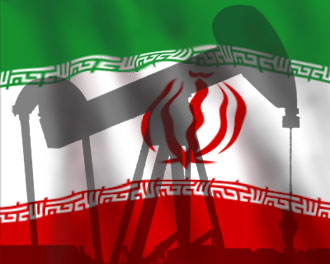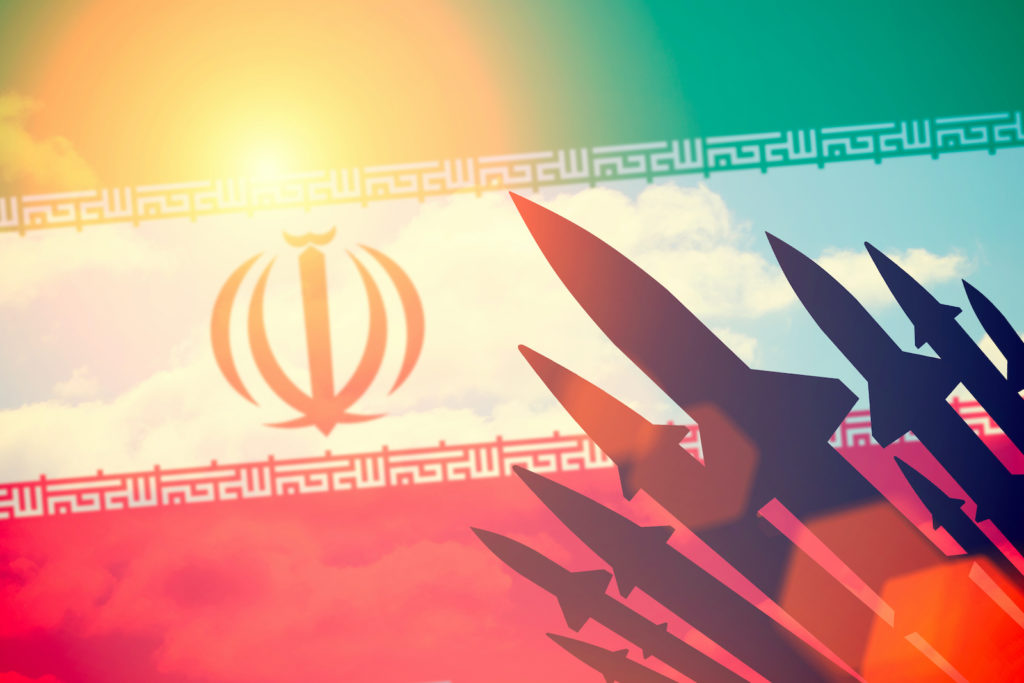UPDATES
Iran’s economic management is the regime’s weak spot
Aug 5, 2011 | Allon Lee

Iran’s economy appears so inherently fragile, that concerted external financial pressure on its energy sector could bring the regime to its knees and Washington Institute for Near East Policy analyst Patrick Clawson shows how it can be done:
If oil prices decline — or, more important, if the United States and its allies can dissuade countries and companies from paying for Iranian oil (Washington has no objections if they receive said oil, only if they pay for it) — then the Islamic Republic could face serious problems paying for the checks to which the Iranian people are rapidly becoming accustomed.
The regime reduced subsidises on fuel, natural gas, electricity, and essential items such as bread in December 2010.
To compensate for the inevitable price rises, the government has been distributing cash payments to 73 million Iranians.
…the regime must now do the hard part: raise the money to pay for those checks and find a way to help businesses badly hit by the higher prices.
The per annum compensation bill includes US$36 billion for individuals and a further US$9 billion for businesses, gobbling up to 35 per cent of the country’s oil and gas exports revenue. And here is where the vulnerability arises.
… sanctions seem to be impeding Iran from receiving payment for oil exports. According to a July 25 Financial Times report, “Some Iranian officials are growing increasingly angry about the inability of the country’s largest oil customers to pay cash.”
That is, China reportedly owes as much as US$30 billion, India US$5 billion, and South Korea US$5 billion.
Furthermore, Iranian industry and businesses are not receiving its allotted compensation.
… the industry payments do not seem to be happening at the promised rate. In late June, economist Jahangir Amuzegar, citing the Majlis speaker and the head of Iran’s Chamber of Commerce and Industry, reported that companies had received no more than one-eighth of their share thus far. Another report estimated that only $1 billion had been distributed to production units in the first six months of the reform.
Faced with higher costs, the natural instinct of businesses is to raise prices, and this is happening in Iran to a certain degree.
So, in order to pacify an economically frustrated population that has previously rioted due to economic pain, the Iranian regime needs to marry adequate compensation with low inflation whilst ensuring healthy tax and income receipts. Not so easy. Especially for Iran, with some of the world’s largest proven oil resources but very limited refining capacity. This requires Teheran to import 40 per cent of its gasoline, making it extremely vulnerable to the rest of the world’s whims.
By devoting much of its oil and gas earnings to public cash payments, Tehran is locking itself into a situation where it has little margin for error if its hydrocarbon revenues decrease.
In short, the regime had made itself more vulnerable to outside pressure — a fact worth bearing in mind when considering what leverage the West can wield against Iran’s nuclear program.
Meanwhile, Foundation for Defence of Democracies Executive Director Mark Dubowitz writes that members of the US Congress are moving forward with legislation to sanction Syria’s energy sector, including its “petroleum exports and imports, and the transfer of technology” mirroring those applying to Iran.
Dubowitz recommends the Obama Administration ignore the advice of its ambassador to Syria that sanctions will have limited impact because there is little US investment in the country; arguing
Congressional sanctions on Iran show how much Washington can accomplish. The Comprehensive Iran Sanctions Accountability and Divestment Act, which President Obama signed into law in July 2010, providing crucial leverage to persuade the EU to pass its own sanctions, to avoid the extraterritorial application of U.S. sanctions.
Iran sanctions legislation also persuaded scores of companies that were concerned about losing access to the U.S. market to terminate their ties with Iran. Companies that chose to run the risk of punishment and remain in Iran began demanding a risk premium of 25-30 percent for the sale of refined petroleum there, making life considerably harder for the Iranian regime.
Targeting Syria with “energy sanctions could thus be useful by both tightening the screws on Assad and costing Iranian Supreme Leader Ayatollah Khamenei resources he needs to withstand western pressure on his battered regime”.
Indeed, Iran is so concerned that the Assad family might be deposed in Syria, it “has reportedly promised Assad $5.5 billion in loans and 290,000 barrels of oil each day”.
Allon Lee
Tags: Iran











